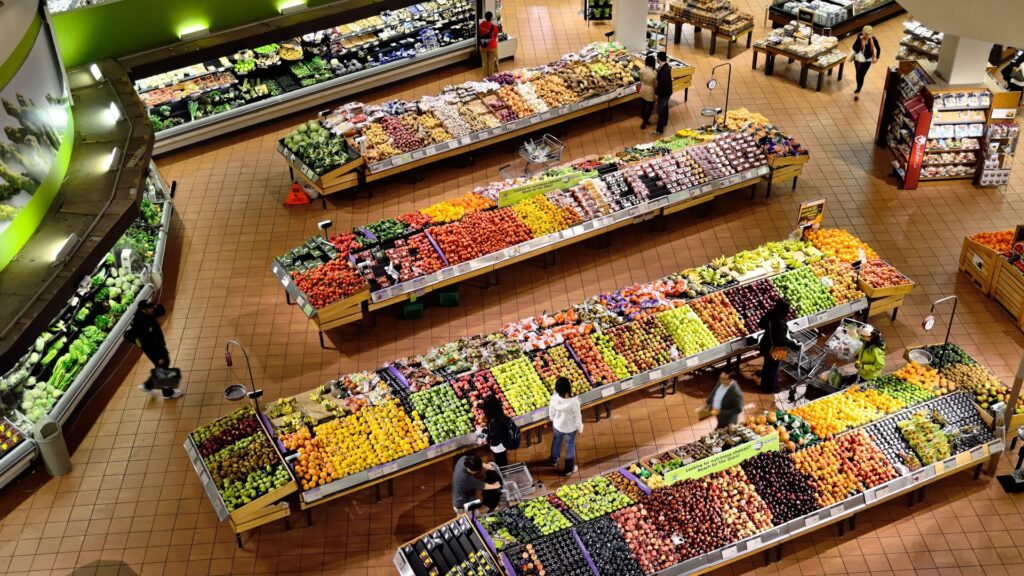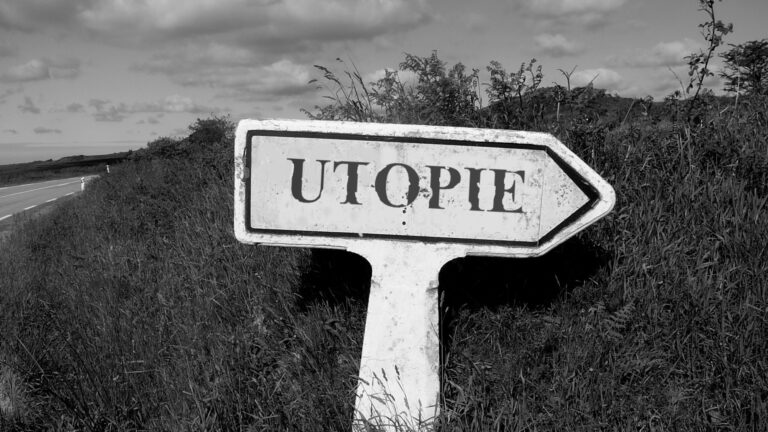
In the sixth richest country on the planet, in a technologically advanced age, the first ‘radical’ policy must be to make sure people have one of the bare necessities of life, food.
We really should ask ourselves; how did we get to a place where food banks exist? It is dystopian.
Whilst I admire the people working at food banks, who are helping people in desperate need, it dismays me to think of the sheer waste of time, energy and money consumed in the process. A process which could be almost completely eradicated if the government run social security net functioned properly. Imagine if all that time, energy and money could be redirected to solve other problems like social care. This is the crux of it, if government functioned for the people food banks would be a thing of the past.
Food for all - Making it work
Food bank organisations have the expertise and the answers, a complete solution would involve applying their knowledge and understanding. As a start point, top up universal credit. We already have a highly efficient food delivery network; it’s called a supermarket chain. If people need food, give them the money to buy the food they need. Secondly, school meals, breakfast, and lunch, for all children, throughout the year. Thirdly, in work food bank use is, disgracefully, a thing. We’ve been brought up to believe if you work hard you’ll be rewarded. Which means people in work should not need help on top of pay. That’s a bigger issue, but for now, increase the individual tax free allowance. Three policies that should get money into the hands of people who need it and provide two meals a day for kids.
How do we pay for it? Somehow every policy no matter how sensible or straightforward simply isn’t possible if you don’t explain where every penny for it comes from. Well, the simple answer is the money will come from a bank, as one way or another, all money does. I’m sure that answer won’t satisfy many, but money is a subject too broad to cover here so we’ll come back to it in future posts.




